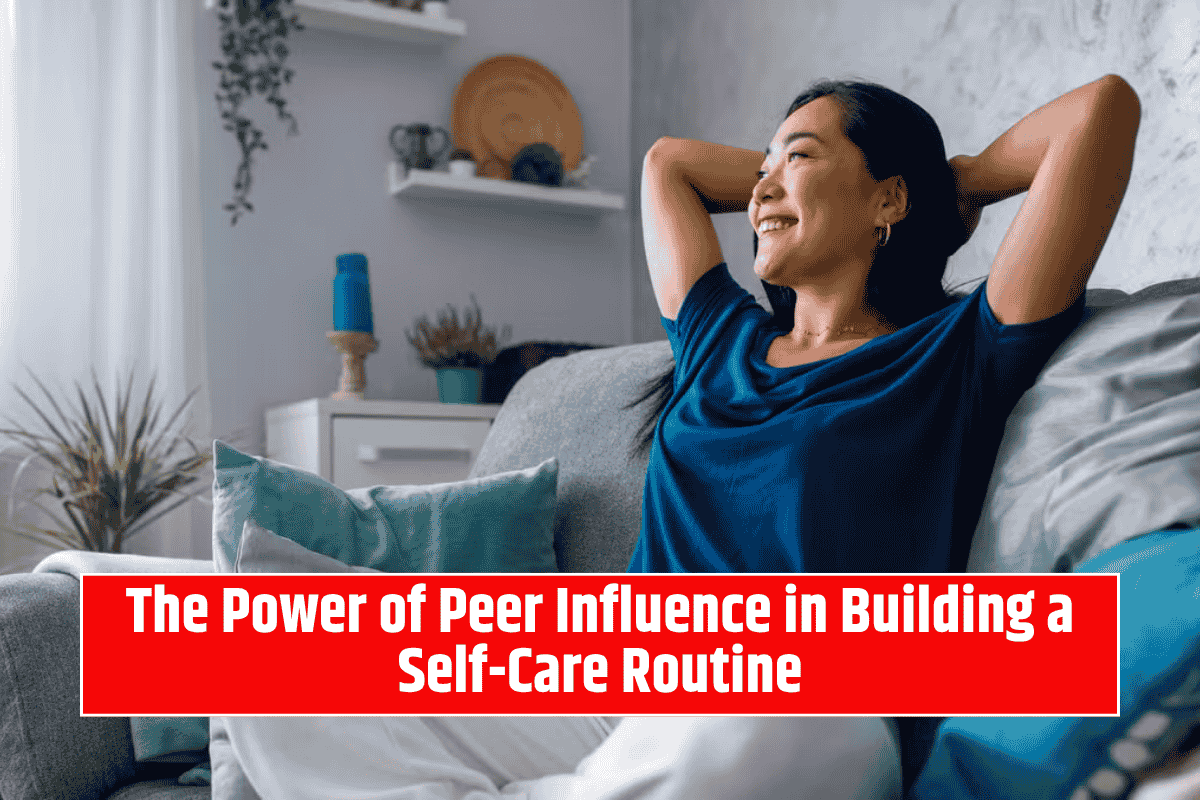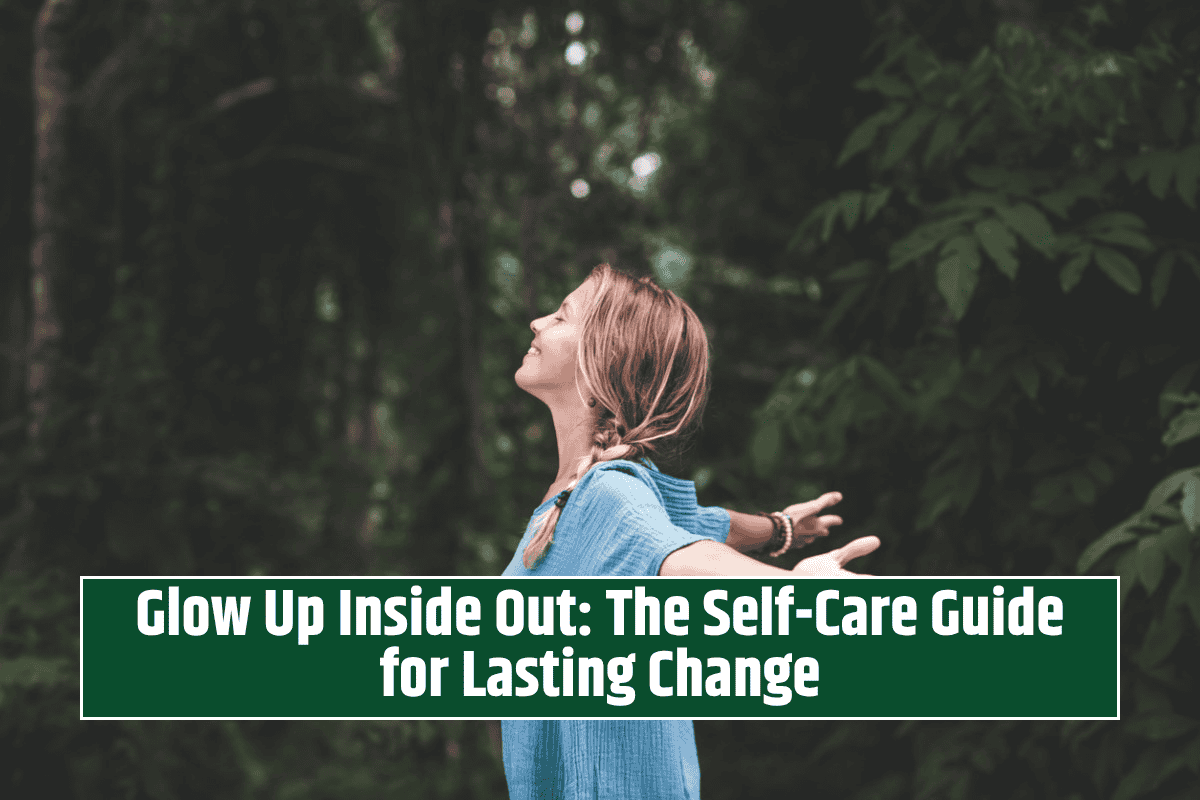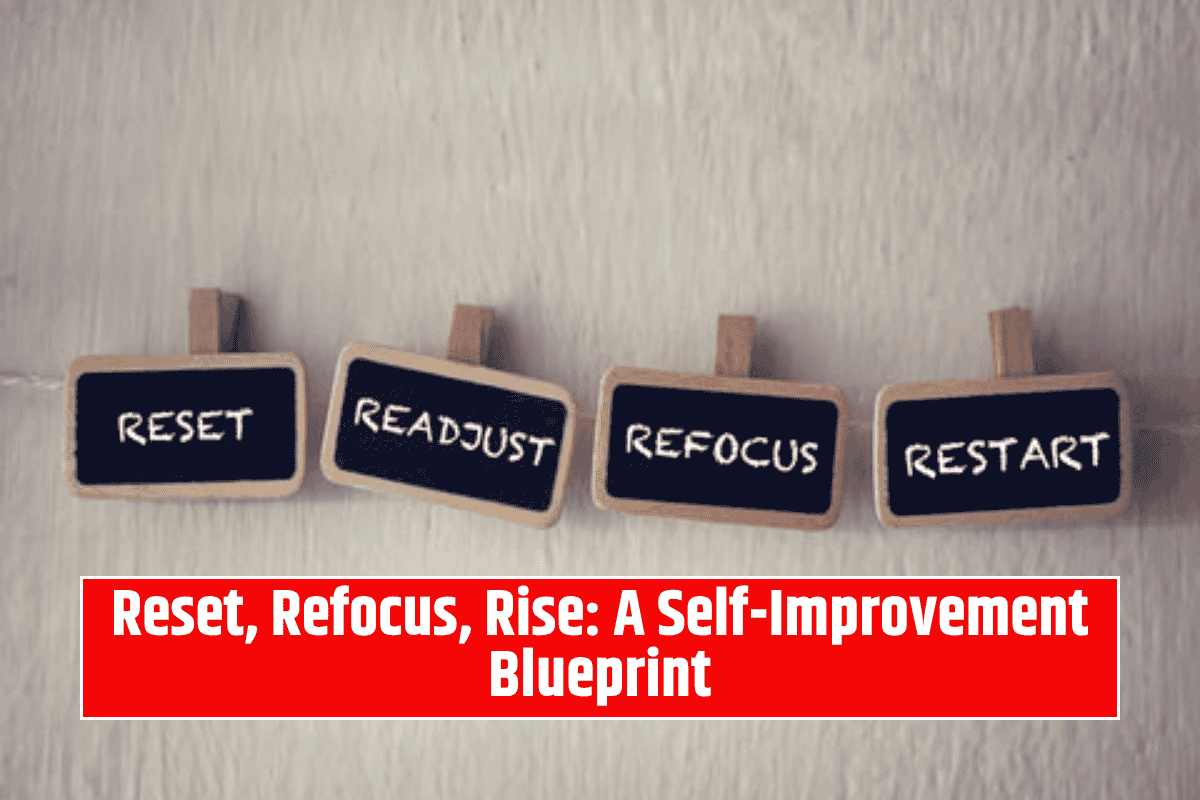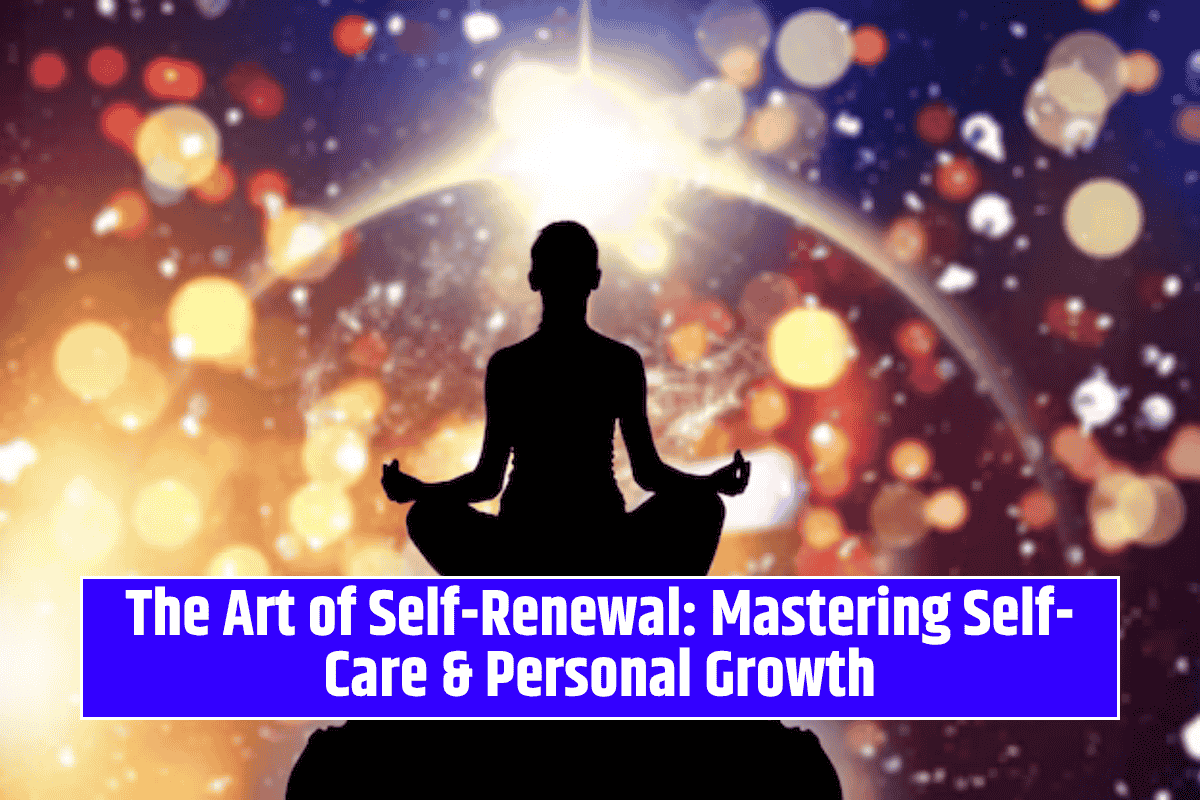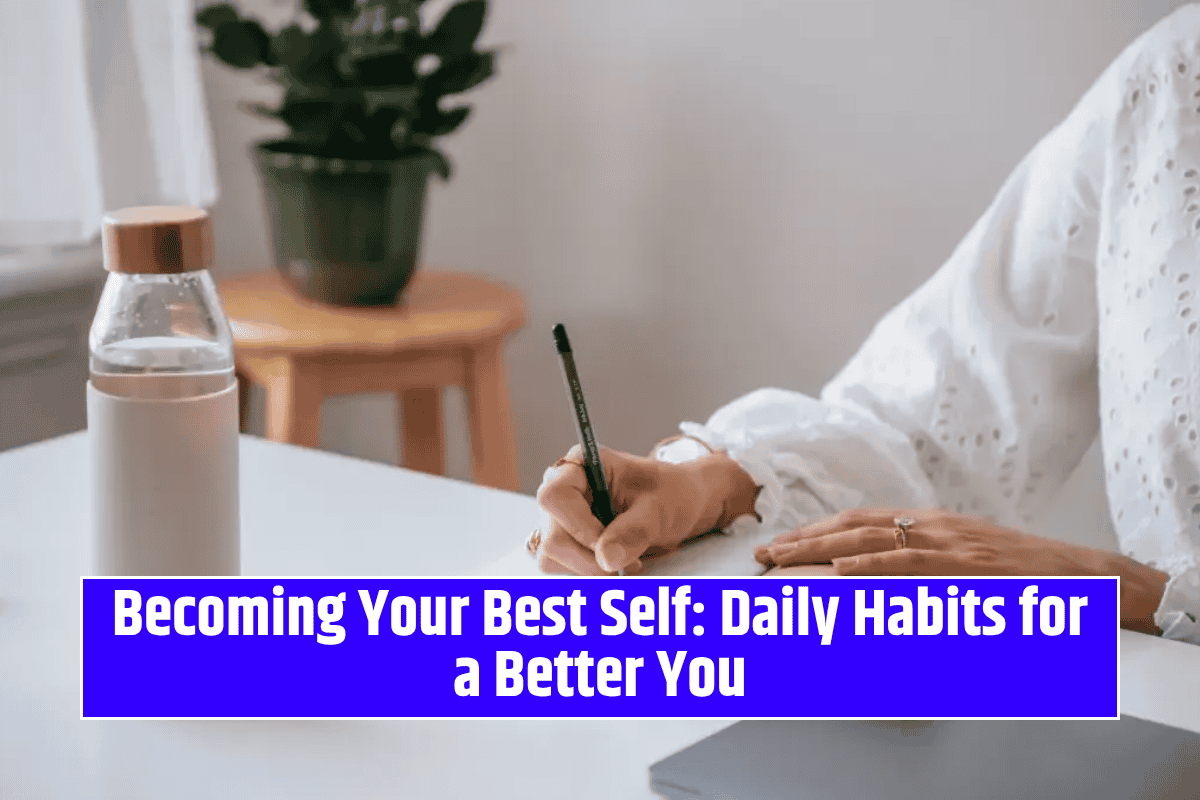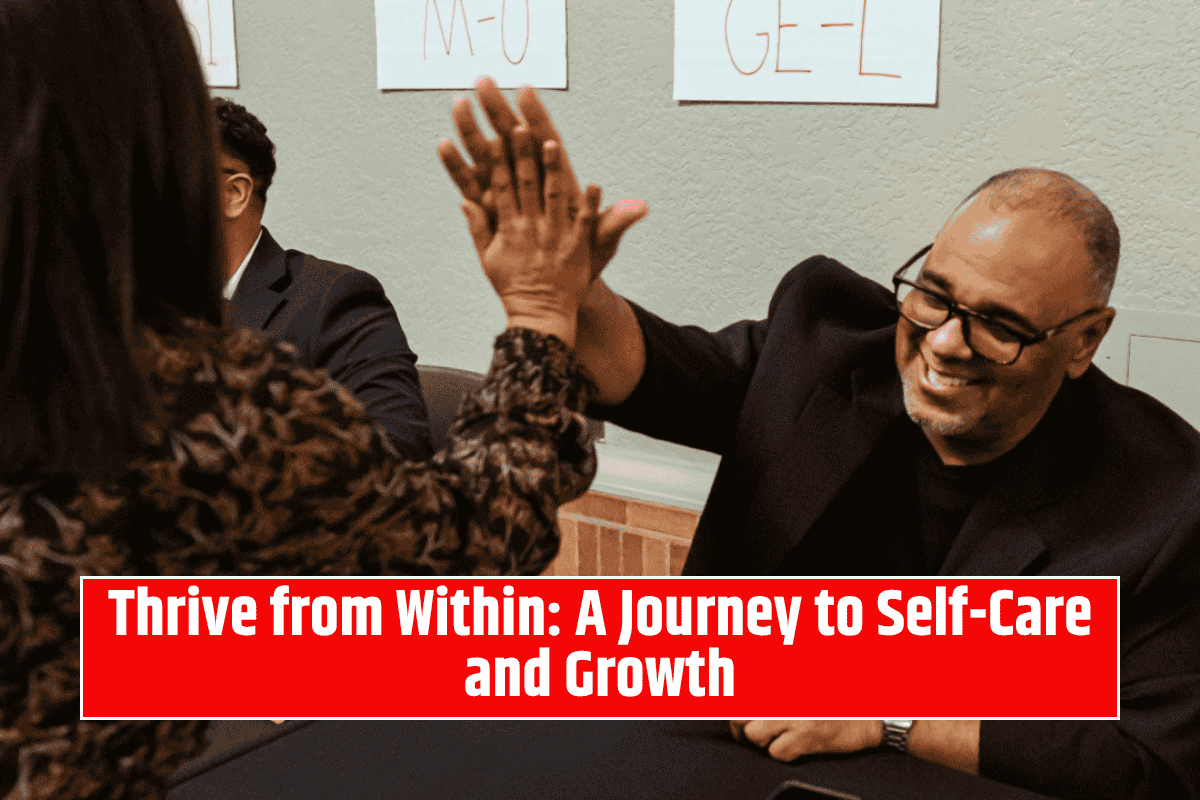Building a self-care routine is often seen as a personal journey, but it doesn’t have to be done alone. In fact, the influence of peers can be incredibly powerful in helping you establish and maintain healthy habits that improve your overall well-being.
Peer influence can motivate, inspire, and hold you accountable as you work towards your self-care goals.
The encouragement and support from those around you can significantly impact your ability to make lasting changes. Let’s explore how peer influence plays a key role in building a solid self-care routine.
Understanding Peer Influence
Peer influence refers to the impact that people within your social circle can have on your attitudes, behaviors, and choices. This can be a positive or negative influence, but when it comes to self-care, the right kind of peer influence can be a game-changer.
Whether it’s through friends, family, or even colleagues, the people around you can encourage healthy habits, suggest new self-care practices, and offer support during tough times.
How Peer Influence Helps Build a Self-Care Routine
Having people who support your self-care goals can make the process easier and more enjoyable. Here’s how peer influence helps:
1. Motivation and Encouragement
Sometimes, it’s hard to stay motivated, especially when you’re trying to form new habits or maintain an existing routine. Having peers who are also focused on their well-being can provide the motivation you need to keep going.
Whether it’s a friend who encourages you to go for a walk or a colleague who reminds you to take breaks, having people who cheer you on makes a big difference. Their support can be the extra push you need to stay on track.
2. Sharing New Ideas and Practices
One of the most beneficial aspects of peer influence is the exchange of ideas. Peers who prioritize self-care are likely to have discovered new activities, practices, or tips that can help improve your own routine.
From meditation techniques to new healthy recipes or fitness challenges, your peers can introduce you to new ways to take care of your mind and body. This exchange of ideas not only keeps things fresh but also helps you broaden your self-care practices.
3. Creating Accountability
Accountability is a powerful tool in any self-care routine. When you share your goals with peers, they can help hold you accountable for following through.
For example, if you commit to exercising a few times a week, having a friend or workout buddy who checks in with you can make it easier to stick to your plan.
Knowing that someone else is counting on you or tracking your progress can be a strong motivator to keep working towards your self-care goals.
4. Building a Supportive Community
Self-care isn’t just about doing activities alone; it’s also about feeling emotionally supported. Peer influence helps you build a community of people who share your values and understand your challenges.
This support network can provide reassurance, empathy, and a sense of belonging, which is important for your mental health. Whether it’s through group activities, shared hobbies, or simply having someone to talk to, being part of a supportive community can make self-care more sustainable.
5. Positive Reinforcement
When you see others successfully maintaining their own self-care routines, it can inspire you to do the same. Peer influence creates a cycle of positive reinforcement—seeing others take care of their health and well-being encourages you to prioritize your own.
This sense of shared growth can foster a healthier lifestyle for everyone involved. Positive reinforcement from peers shows you that your efforts are worth it and motivates you to continue.
6. Learning from Each Other’s Experiences
Peers can offer valuable insights based on their own experiences with self-care. Hearing about their successes and struggles can give you a better understanding of what works and what doesn’t.
For example, if a friend shares how journaling helps them process emotions, you might be inspired to try it yourself. By learning from each other’s experiences, you can avoid mistakes and find strategies that are more effective for your personal needs.
Peer influence is a powerful tool that can significantly enhance your self-care journey. By surrounding yourself with people who encourage, motivate, and support you, you are more likely to stick to a self-care routine and achieve long-term well-being.
Whether it’s through accountability, the sharing of ideas, or simply knowing someone else is rooting for you, peer influence can make the process of building and maintaining a self-care routine easier and more rewarding.
So, reach out to others, share your goals, and let peer influence help guide you on your path to a healthier, happier life.
FAQs
How does peer influence impact self-care?
Peer influence helps motivate, encourage, and hold you accountable in building and maintaining a self-care routine. Positive peer support can inspire you to stay committed and explore new self-care practices.
What are the benefits of sharing self-care goals with peers?
Sharing your self-care goals with peers creates accountability, offers emotional support, and encourages positive reinforcement. Peers can help you stay on track and motivate you to continue your journey.
Can peer influence be negative in self-care?
Yes, peer influence can be negative if the people around you encourage unhealthy habits or don’t prioritize well-being. It’s important to surround yourself with supportive individuals who share positive self-care values.
Where can I find peers to support my self-care routine?
You can find supportive peers through friends, family, online communities, or self-care and wellness groups. Connecting with like-minded individuals will help you stay motivated and gain valuable insights.
How can I build a supportive self-care community?
Building a supportive self-care community starts with sharing your goals with others, joining wellness groups, and creating connections with people who understand the importance of mental and physical health. Mutual encouragement and shared experiences are key to success.
